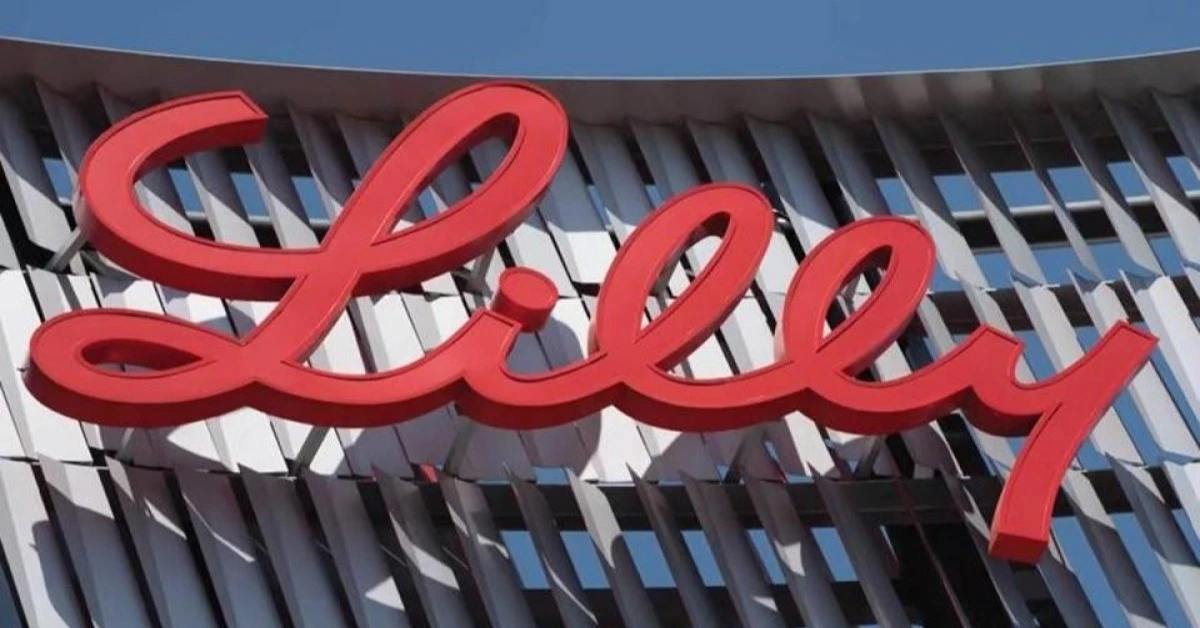
USA – Eli Lilly has announced a substantial US $27 billion investment to construct four new manufacturing plants in the United States.
This move significantly increases the company’s total planned U.S. capital spending to over US $50 billion, marking what it claims is the largest pharmaceutical manufacturing investment in U.S. history.
This initiative aims to bolster domestic drug production and aligns with the current administration’s emphasis on reshoring manufacturing operations.
This move comes in response to recent governmental pressures, including threats of tariffs on pharmaceutical imports, urging companies to relocate operations back to the U.S.
Eli Lilly’s CEO, David Ricks, has credited previous tax cuts for enabling increased domestic investments and emphasized the importance of extending these policies to support ongoing developments.
The company is currently in discussions with multiple states to finalize the locations of these plants, with plans to announce the selected sites later this year.
The facilities are anticipated to become operational within the next five years, significantly expanding Eli Lilly’s U.S. manufacturing capabilities.
Reshoring API Production
A key aspect of this expansion is the production of active pharmaceutical ingredients (APIs). Three of the four new plants will focus on API manufacturing, a response to growing concerns about U.S. reliance on foreign supply chains, particularly from China.
It is estimated that 80% of APIs used in U.S. medicines come from overseas, which has been viewed as a supply chain vulnerability by successive U.S. administrations.
President Donald Trump had pledged to phase out U.S. dependence on Chinese API imports within four years of his administration.
Earlier this month, he imposed a 10% tariff on all Chinese goods, including APIs, and has threatened an additional 25% tariff on pharmaceutical imports.
Critics warn that these tariffs could lead to higher drug prices, medicine shortages, and reduced R&D investment.
Lilly’s decision comes shortly after CEO David Ricks and other pharmaceutical leaders met with Trump at the White House, where they were reportedly warned about potential tariffs on pharmaceutical imports.
Following this meeting, Lilly announced its reshoring strategy, directly citing the need to “rebuild critical capabilities in small molecule chemical synthesis.”
Economic and workforce impact
The investment is expected to generate approximately 3,000 skilled jobs and employ nearly 10,000 construction workers during the development phase.
Three of the new sites will focus on producing active pharmaceutical ingredients, enhancing the company’s supply chain resilience.
The fourth facility will specialize in manufacturing injectable therapies for medications such as Mounjaro and Zepbound.
CEO David Ricks emphasized that this investment reflects confidence in the company’s pipeline across key therapeutic areas—including cardiometabolic health, oncology, immunology, and neuroscience.
He also highlighted the broader economic impact, stating that “for every job we create, many more will be generated, positively impacting the communities that host our innovative new sites.”
XRP HEALTHCARE L.L.C | License Number: 2312867.01 | Dubai | © Copyright 2025 | All Rights Reserved